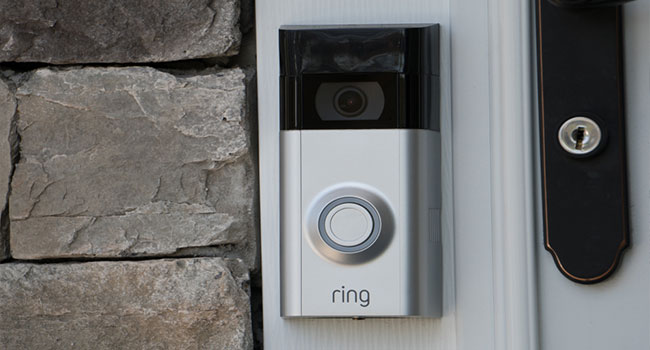
Ring Faces Intense Scrutiny After Reports That Thousands of Users’ Information Was Leaked Online
The security camera company owned by Amazon says that there was not a breach of its servers and blame the issue on lax cybersecurity practices by users.
- By Haley Samsel
- Dec 23, 2019
Although Ring, the security company owned by Amazon, has been blaming recent reports of hacking on lax cybersecurity practices by customers, as news outlets and security researchers discover lists of leaked usernames and passwords online.
Last week, BuzzFeed News was alerted to the compromising of 3,672 Ring camera accounts, which exposed log-in emails, passwords, time zones and the names that customers gave to their cameras, including location information like “bedroom” or “front door.” In addition, TechCrunch reported that a security researcher discovered a list of 1,562 unique email addresses and passwords on the dark web.
If hackers successfully breached Ring accounts, as at least some people have achieved, they can gain access to live camera footage associated with an account as well as payment information and Ring speakers installed in the home.
Researchers told BuzzFeed that the formatting of the leaked list appears to be from a company database, not from credential stuffing, a practice that involves uses special software to rapidly enter previously compromised emails and passwords to get access to an account. For example, a hacker could use a list of emails and passwords from the Capitol One breach and check them to see if customers used the same information for their Ring account.
Read More: Ring Doorbells Had Security Bug That Exposed Wi-Fi Passwords To Hackers
“One could argue that the person maybe got these through credential stuffing,” Cooper Quintin, a security researcher with the Electronic Frontier Foundation, told BuzzFeed. “But if that was the case, why did that person go through and add the information about names of camera and time zones?”
In response to the BuzzFeed report, a Ring spokesperson said that the data was not compromised as part of a breach to its systems.
“Our security team has investigated these incidents and we have no evidence of an unauthorized intrusion or compromise of Ring’s systems or network,” the spokesperson said. “It is not uncommon for bad actors to harvest data from other company's data breaches and create lists like this so that other bad actors can attempt to gain access to other services.”
Although Ring says it has notified affected users, many told TechCrunch and BuzzFeed that they were not contacted by the company.
In a blog post published on Dec. 8, Ring appeared to blame the account takeovers on customers’ lack of cybersecurity protections, including not using two-factor authentication to guard their accounts and using the same emails and passwords over and over again.
“Out of an abundance of caution, we encourage Ring customers to change their passwords and enable two-factor authentication,” the blog post reads.
VICE noted that Ring does not currently require users to implement two-factor, a step that could protect all users from similar attacks. “Time and time again we’ve seen that people using mass-market consumer devices aren’t going to know or implement robust security measures at all times,” the outlet wrote.
Researchers also said that internet-connected devices, often called IoT devices, have been historically vulnerable to hacking via an insecure network. The Ring cameras are an extension of that problem, made more disturbing by the fact that the accounts contain sensitive information about a person’s home and lifestyle that could lead to someone burglarizing their home.
“This illustrates that when you bring an internet connected camera in to your home, you’re also potentially bringing anyone on the internet into your home,” Quintin said.
Ring has already faced scrutiny this year for its more than 600 partnerships with law enforcement departments across the U.S., which allows police to request videos from users for use in criminal investigations.